When pursuing a brain injury compensation claim, understanding the intricacies of proving your case can be challenging. A brain injury, particularly a traumatic brain injury (TBI), has a permanent impact on your life, affecting your health, emotional well-being, and financial stability.
Understanding what is required to substantiate a brain injury claim in California is crucial to ensure you receive the compensation you need and deserve. Read on to learn more about the necessary steps and elements to prove a TBI claim, the process of pursuing compensation, and what you can expect after filing your lawsuit.
Essential Elements to Prove a Brain Injury Compensation Claim in California
Successfully pursuing a traumatic brain injury claim requires presenting sufficient evidence to support both the severity of the injury and the liability of the responsible party. Here’s what you need to prove your brain injury claim.
Medical Documentation and Expert Testimony
Central to any brain injury compensation claim is robust medical evidence, including detailed medical records, diagnostic imaging, and expert testimony from healthcare professionals who are qualified to describe the nature and severity of your brain injury. Medical documentation provides necessary proof of a brain injury and its severity. Expert testimony from neurologists or neuropsychologists helps explain how the injury affects your cognitive, emotional, and physical functioning and everyday life.
Medical Records and Test Results
Collect all relevant medical records, such as emergency room reports, hospital admissions, treatment notes, and results from MRI, CT scans, or EEGs. These documents are essential for showing the severity of the brain injury and its progression over time despite medical treatment. Medical records also help establish a direct link between the accident and the brain damage sustained, a necessary link for compensation.
Witness Statements and Accident Reports
Gather statements from witnesses to the accident and obtain copies of any police or accident reports documenting the incident. The evidence provided by witnesses and official reports strengthens a finding of liability and causation.
Documenting the Impact on Daily Life
Record how the brain injury affects your daily life, including changes in your ability to work, perform household tasks, and participate in social activities. Recordings include journal entries, personal testimonies, and family or caregivers’ input. This impact quantifies noneconomic damages like pain and suffering, loss of enjoyment of life, and diminished quality of life, a vital part of the compensation you can receive.
Proof of Financial Losses
Compile evidence of financial losses caused by the brain injury, such as medical expenses, rehabilitation costs, lost wages, and potential future earnings. Bills, pay stubs, tax returns, and estimates for future medical needs support these losses. Financial documentation supports your claim for economic damages by showing the direct monetary impact of the brain injury and provides a basis for compensation for current and future financial needs.
Establishing Causation
A clear causal link between the accident and the brain injury is essential to all brain injury claims. A causal link involves demonstrating that the accident was the direct cause of the injury and not due to other factors. Establishing causation is crucial for proving that the injury resulted from the accident, not a pre-existing condition.
Assessing Long-Term Effects
Provide evidence of the long-term effects of the brain injury, including any ongoing cognitive or psychological issues. Evidence may include long-term medical assessments, psychological evaluations, and expert opinions on future prognosis. Demonstrating the injury’s long-term impact helps assess future damages and ensures you receive adequate compensation for lifelong care and support needs.
Expected Damages in a Brain Injury Compensation Claim
In California, the damages you may recover from traumatic brain damage claims can be substantial, reflecting both the tangible and intangible impacts of the injury. These damages typically fall into two main categories: economic and noneconomic.
Economic Damages
Economic damages include compensation for measurable financial losses such as medical expenses, rehabilitation costs, and lost wages. If your brain damage affects your ability to work or requires ongoing medical treatment, you can seek compensation for these current and future expenses.
Noneconomic Damages
Noneconomic damages cover intangible losses such as pain and suffering, emotional distress, and loss of enjoyment of life. Noneconomic damages address how the injury affects one’s daily existence, relationships, and overall well-being.
In severe cases where the brain injury has resulted in permanent disability or long-term impairment, you might also be eligible for punitive damages intended to punish the at-fault party and deter similar conduct in the future. Understanding the full scope of potential damages and working with legal professionals can help ensure you receive fair compensation that reflects the true impact of your brain injury.
Statute of Limitations for Brain Injury Claims in California
In California, the statute of limitations for brain damage claims generally mandates that you file a lawsuit within two years from the date of the injury or from the discovery of the injury, whichever comes later.
This timeframe is crucial as failing to file within this period can result in losing the right to seek compensation. For brain injury claims, if you are injured in an accident and do not take legal action within the prescribed period, you may forfeit your ability to recover damages.
In cases involving minors or instances where the injury’s effects are not immediately apparent, there can be exceptions that extend the deadline. Consulting with a knowledgeable attorney can help ensure you meet all deadlines and file your claim properly, preserving your right to seek justice and compensation.
Proving a traumatic brain injury claim in California requires a meticulous approach to gathering and presenting evidence. From medical documentation and expert testimony to financial records and evidence of long-term effects, each component is crucial for substantiating your claim and securing the compensation you need.
By preparing thoroughly and seeking expert legal guidance, you can navigate the complexities of a brain injury compensation claim effectively and work towards achieving a favorable outcome.
Contact Us
At Silva Injury Law, we focus on healing through compassionate advocacy. We treat you like family and are with you every step of the way. We look out for your best interests and are committed to achieving the best possible outcome for you.
Our legal team has experience representing clients who suffered injuries due to the negligent, reckless, or intentional acts of another. You may feel lost and have unanswered questions about how to proceed with your case, but we are here to provide answers.
We practice law with the highest ethical standards in the legal profession and achieve positive results. We know that money may be tight as you struggle in the wake of your accident. That’s why we never charge our clients any money upfront to handle their cases.
We offer a free in-person or remote consultation to review your case and answer your questions. Contact us today by phone or email to schedule a free consultation and learn more about how Silva Injury Law can help you.
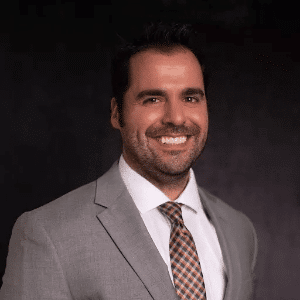
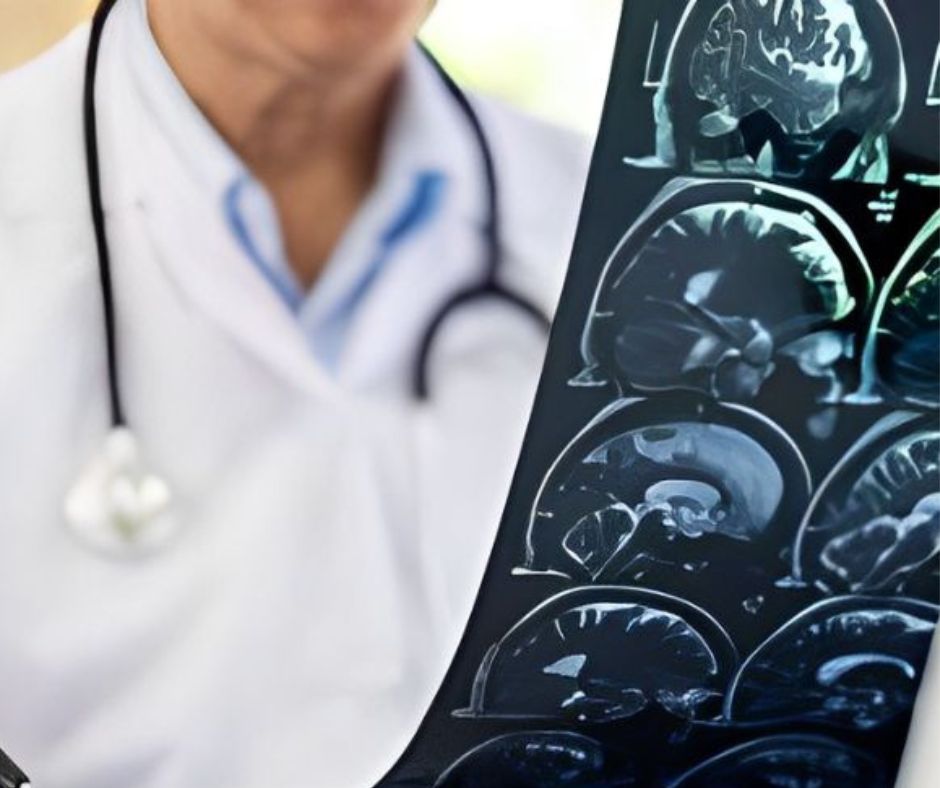





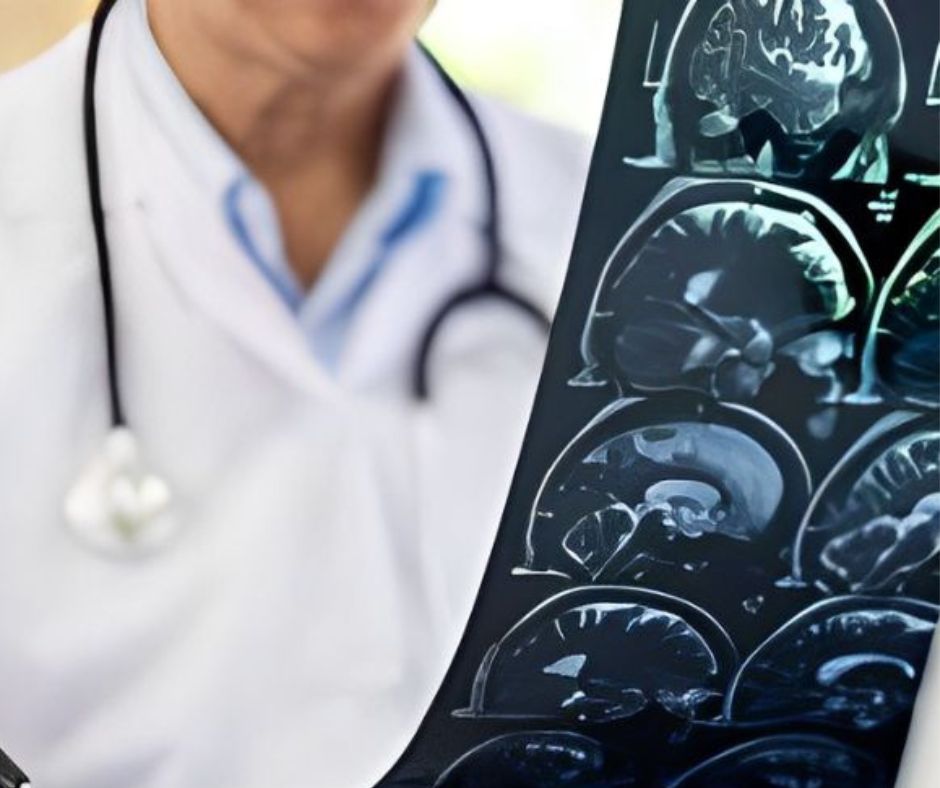
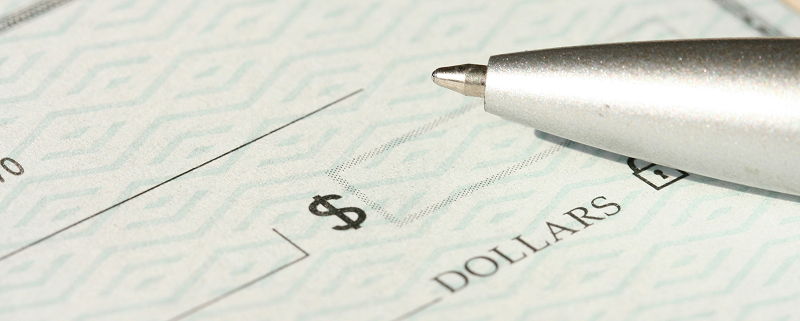

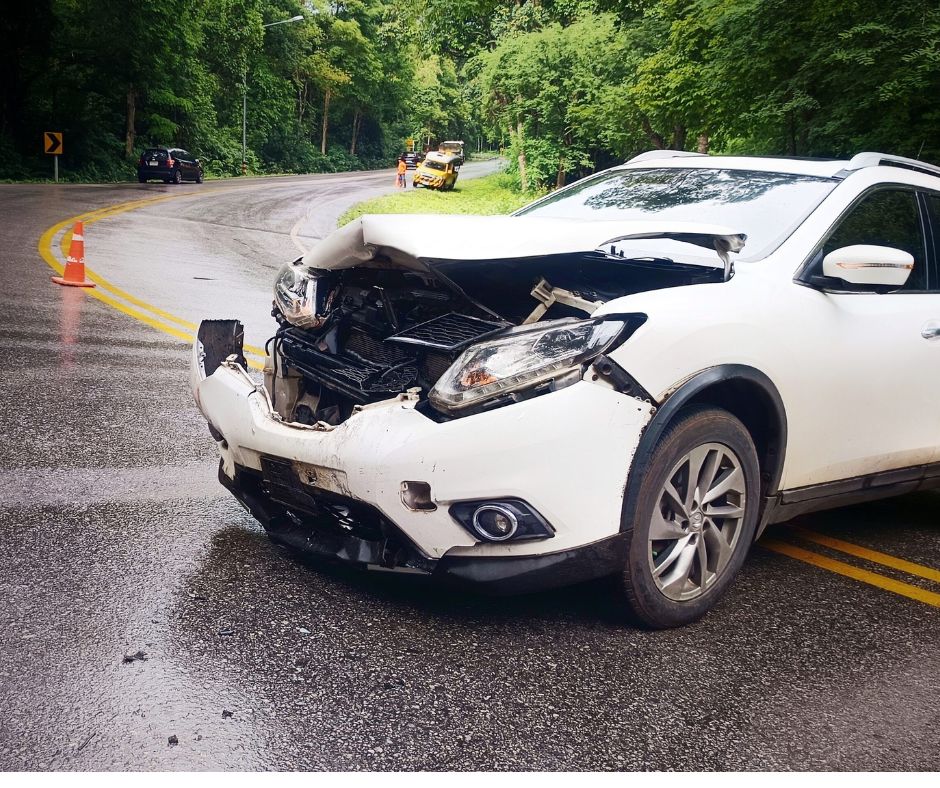
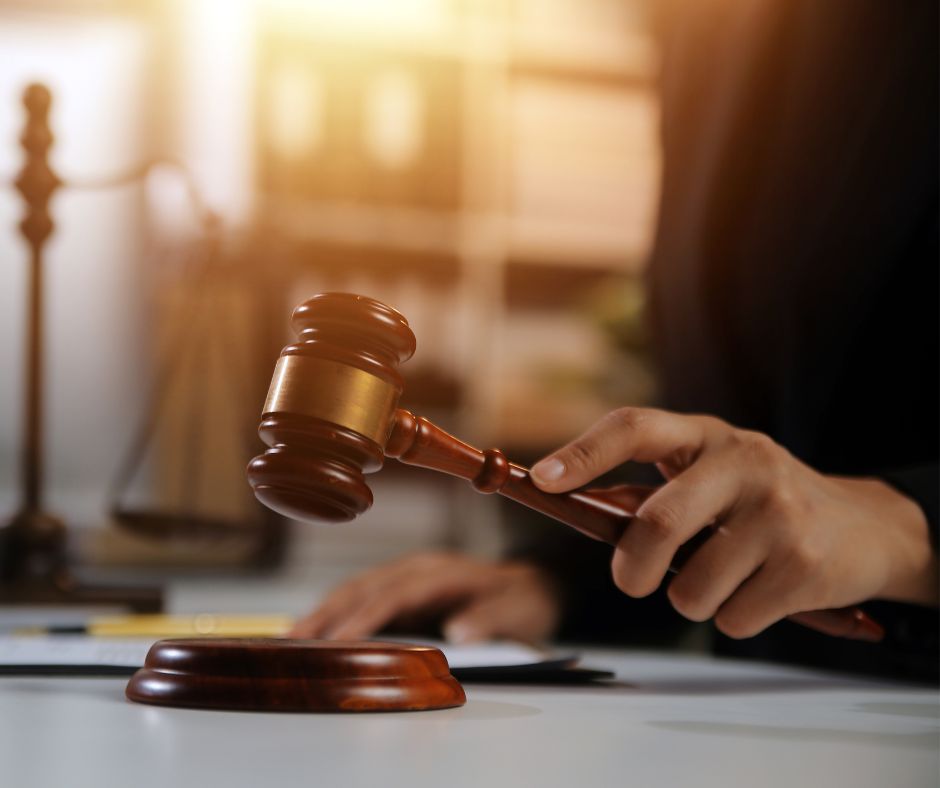






 EMAIL
EMAIL  Ask AI
Ask AI  Access
Access